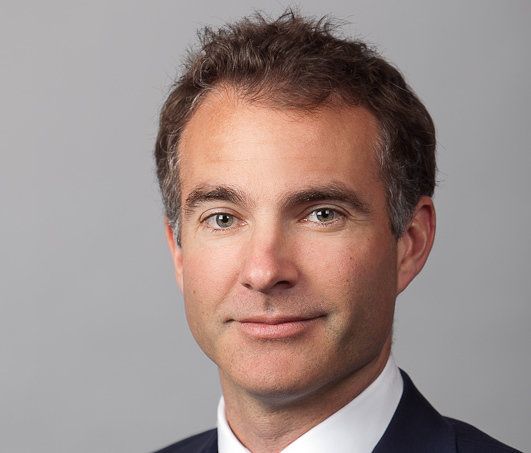

The UK General Election in May threatens to create uncertainty and could lead to a second election later in the year, according to Jersey-based investment managers, Ashburton Investments.
In his investment outlook for 2015, Tristan Hanson, Head of Asset Allocation at Ashburton Investments, sounded a warning about the impact of the election creating uncertainty if there was another hung parliament and the requisite formation of a coalition government, which was looking increasingly likely. He said that there was enormous uncertainty as to the nature of any UK government following the election with the possibility of a second election later in the year if no sustainable coalition could be obtained first time round.
"Whoever wins, some big political questions will remain, including the UK’s role in Europe, how the budget deficit is to be tackled and the distribution of political powers across borders within the UK," he said.
Mr Hanson also expected the US Federal Reserve to raise interest rates during the summer, with the expectation that the European Central Bank would announce a large scale quantitative easing programme in the first quarter, moves which would represent ‘a huge divergence in monetary policy’ between the US and the euro area, which has already been reflected to some extent in the recent strength of the US dollar against the euro.’
"The UK will be the only other major central bank to tighten policy alongside the US, in our view, with a single rate hike in the second half of the year."
In respect of the global picture, he commented: "Our base case forecast for the global economy sees growth modestly higher than in 2014 led by the improvement in the US. Inflation is likely to be very low globally following the decline in energy prices. Across the major economic blocs, we expect headline inflation to be lower than in 2014. This will help sustain loose monetary policy on a global basis, even if US interest rates move modestly higher."
He described the dramatic collapse in the price of oil as the most significant development during the second half of 2014, a move which represented a shift in income away from oil producers to consumers and one which would have a significant bearing on the relative economic performance of countries over the coming year or two.
"Much of the developed world, Asia and several emerging market countries such as India, Turkey and South Africa stand to benefit whereas the likes of Russia, the Middle East, Venezuela and Nigeria are notable losers," he said.
Comments
Comments on this story express the views of the commentator only, not Bailiwick Publishing. We are unable to guarantee the accuracy of any of those comments.